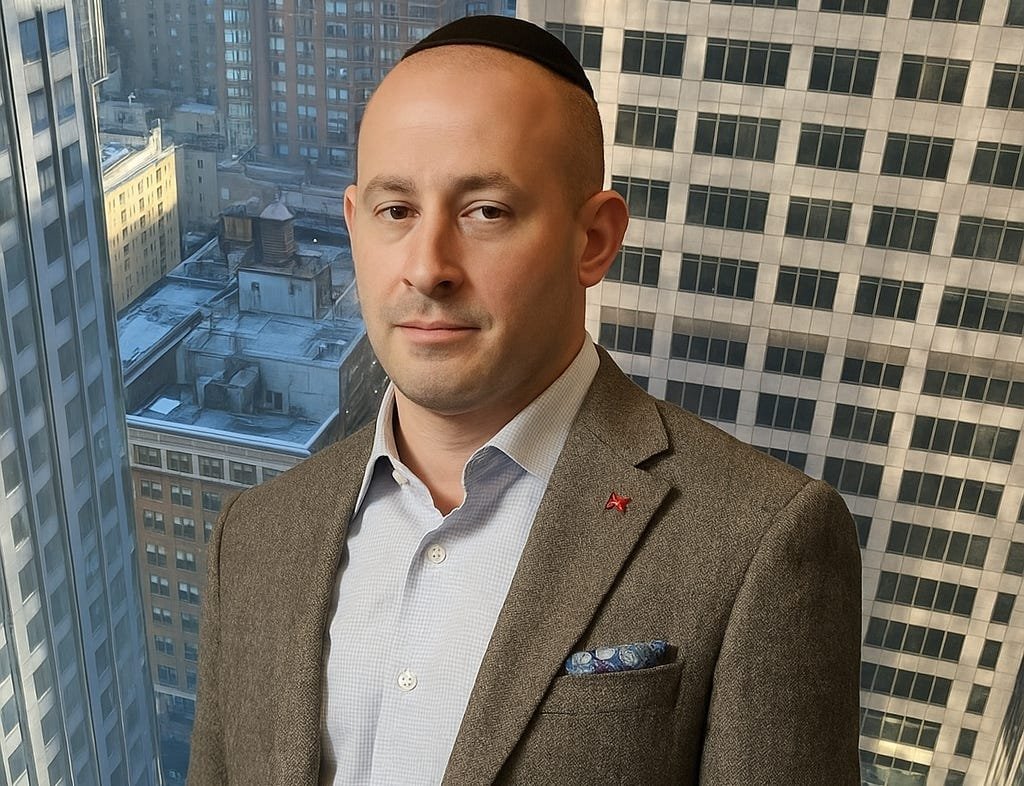New York real estate developer Elchonon “Elie” Schwartz has lost his attempt to delay prison time after being sentenced to 87 months (over seven years) in federal prison for orchestrating a large-scale crowdfunding fraud scheme. U.S. District Judge Steven Grimberg denied Schwartz’s plea to postpone incarceration, and Schwartz must report to the Otisville Satellite Camp in New York by 12 pm on July 23, 2025.
The Fraud Scheme
In 2022, Schwartz raised approximately $63 million via real estate crowdfunding on CrowdStreet, targeting accredited investors for two ambitious projects: a $54 million acquisition of the nearly 1 million‑sq‑ft Atlanta Financial Center and an $8.8 million recapitalization of a Miami Beach property.
Schwartz represented to investors that their funds would be held in segregated escrow accounts. Instead, he diverted around $53–54 million into personal and business bank and brokerage accounts. The funds financed luxury purchases, high-end watches, art, stocks and option trades, and even bolt-on costs for other faltering properties under his control.
Both deals collapsed. Neither project closed, and by July 2023, the holding companies Schwartz created had declared Chapter 11 bankruptcy.
Legal Proceedings and Sentencing
In February 2025, Schwartz pleaded guilty to a single count of wire fraud, facing up to 20 years under federal law. Prosecutors recommended a sentence of 78–97 months, citing the sheer scale of his misconduct, over 800 injured investors, but also noted his cooperation with investigators and clean prior record.
On May 19, 2025, Judge Grimberg handed down an 87‑month prison sentence and three years of supervised release. Schwartz was also ordered to pay $45,079,485 in restitution. “Schwartz’s greed was boundless,” said U.S. Attorney Theodore Hertzberg. He called the fraud a “callous abuse” of investor trust and praised the sentence as a deterrent.
Denial of Delay Motion
On July 2, 2025, Schwartz sued for a reprieve. His lawyer, Colin Garrett, asked the court to delay his reporting date originally set by U.S. Marshals Service notification on June 25, to allow time to conclude an ongoing SEC investigation and finalize a flood‑insurance civil suit related to his New Jersey mansion. Schwartz also needed to organize living and financial support for his family, which includes his wife, an infant, and four other children.
Judge Grimberg rejected the motion, citing the need for timely sentencing and noting Schwartz had already had ample time to manage his affairs. The court reaffirmed the July 23 reporting deadline.
Investor Fallout & Asset Recovery
More than 800 people invested via CrowdStreet, with individual stakes ranging from $25,000 to $250,000. Victims have criticized the sentence, calling this “flat‑out fraud” and expressing alarm at how much of their money remains unrecovered. Less than 20% of investor capital has been returned.
A court-appointed trustee, Anna Phillips, is overseeing asset liquidation. Significant progress has been hampered by Schwartz’s refusal to vacate his $18 million Manhattan penthouse despite bankruptcy court orders, obstructing efforts to sell the unit and distribute proceeds. Ongoing eviction actions, delayed settlement on flood‑insurance claims, and tied-up real‑estate holdings could stretch recovery over years .
Broader Implications
The Schwartz case marks the largest fraud in U.S. real estate crowdfunding to date and has ignited calls for greater investor protections and more rigorous fund custody protocols. CrowdStreet has since overhauled sponsor vetting and fund-handling practices to rebuild trust.
As Schwartz heads to prison on July 23, investors await full restitution. The case stands as a stark reminder of the risks in crowdfunding asymmetric regulatory environments, and the urgent need for more robust safeguards for everyday investors.



